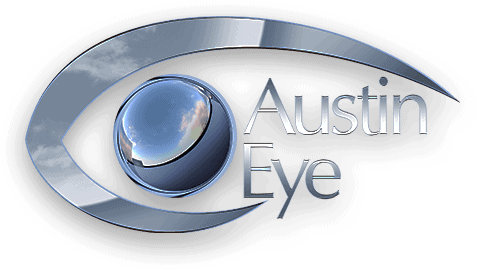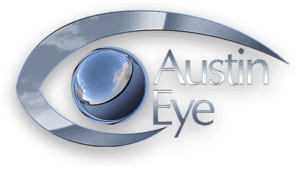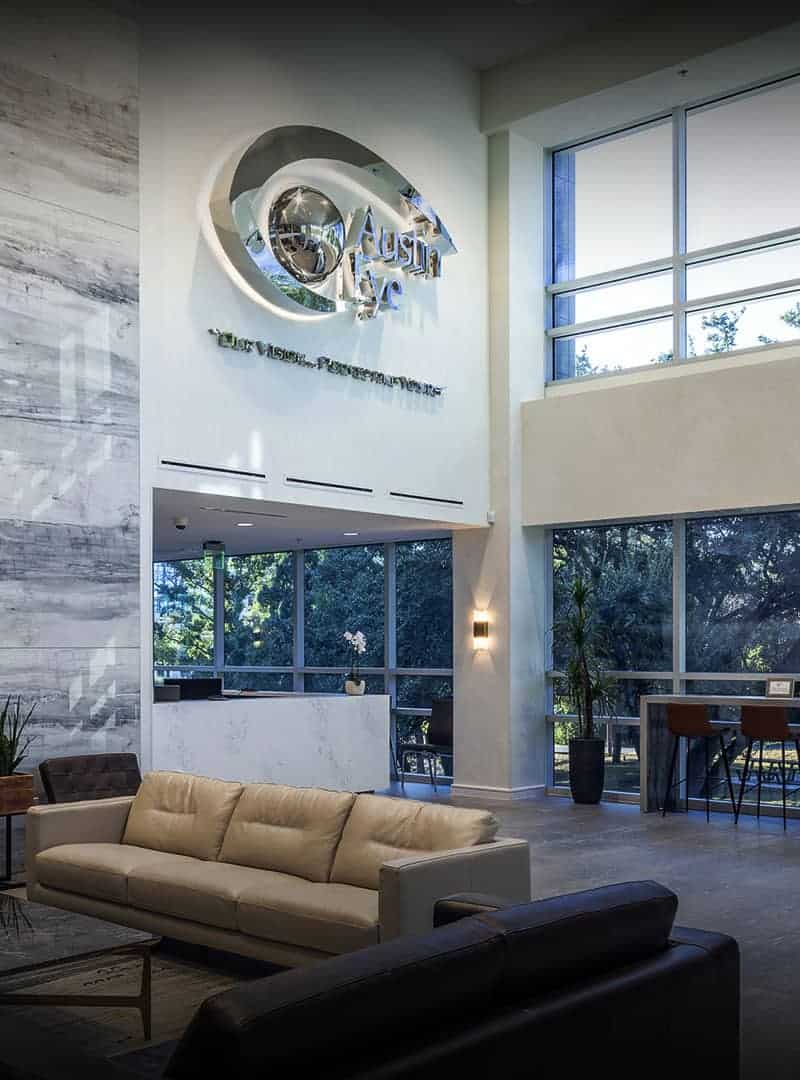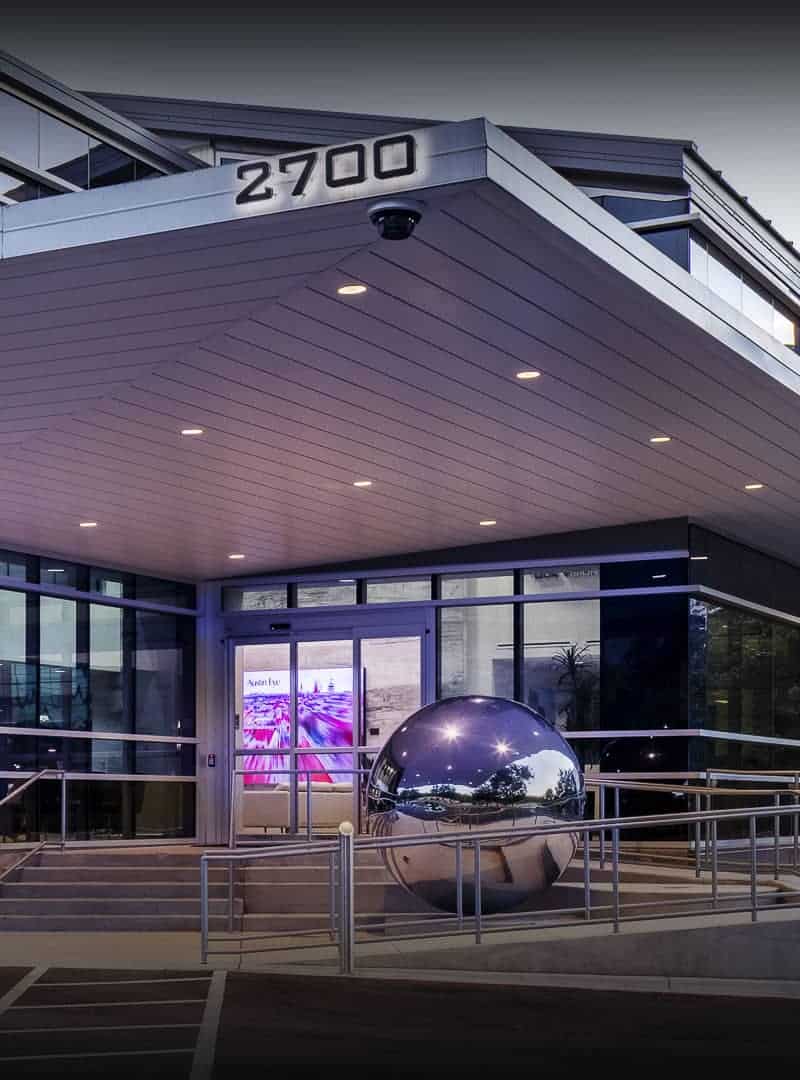 Are you tired of relying on reading glasses to see up close? Advances in ophthalmology have given patients with presbyopia (an age-related vision condition) a new treatment for clearer near vision. The Raindrop Near Vision Inlay is a tiny, circular implantable device (similar to a small contact lens) placed in the eye that restores near vision. This innovative device is a great solution for patients who are tired of relying on pesky reading glasses to see clearly.
Are you tired of relying on reading glasses to see up close? Advances in ophthalmology have given patients with presbyopia (an age-related vision condition) a new treatment for clearer near vision. The Raindrop Near Vision Inlay is a tiny, circular implantable device (similar to a small contact lens) placed in the eye that restores near vision. This innovative device is a great solution for patients who are tired of relying on pesky reading glasses to see clearly.
In this blog post, the vision experts at Austin Eye answer common questions about the Raindrop Inlay.
How Does the Raindrop Inlay Work?
The Raindrop Inlay is a tiny (2 mm in diameter), circular implant, similar to the shape of a small contact lens. It is placed onto only one eye and then both eyes work together to focus clearly onto objects at all distances. The Raindrop Inlay works by reshaping the curvature of the cornea so it can better focus light onto the eye. The focused light that reaches the retina allows patients to see clearly up-close to read with less reliance on reading glasses.
Who Is a Candidate for the Raindrop Inlay?
Good candidates for the Raindrop Inlay are individuals age 40 and older who experience presbyopia and want to reduce their dependence on reading glasses. Patients should also have good eye health, understand the potential risks of the procedure and have realistic expectations about the results.
How Effective Is the Raindrop Inlay?
The Raindrop Inlay has high success rates. Most patients notice an improvement in their vision one week after the procedure and continue to see an improvement in the following weeks. Clinical studies have found that near vision with the Raindrop was still clear after two years. Approximately 98 percent of patients could read a newspaper with 20/40 vision or better two years after implantation.
Can the Raindrop Inlay be Removed, if Necessary?
The Raindrop Inlay has proved to be a safe and effective procedure for treating presbyopia. However, if you are unsatisfied with your vision results following the procedure, the Raindrop Inlay can be removed. In most cases, vision goes back to what it was before implantation.
Learn More from Austin Eye
To learn more about the Raindrop inlay and other options for presbyopia, please contact Austin Eye by calling our North Office at (512) 250-2020 or our Central office at (512) 454-2020 today.







